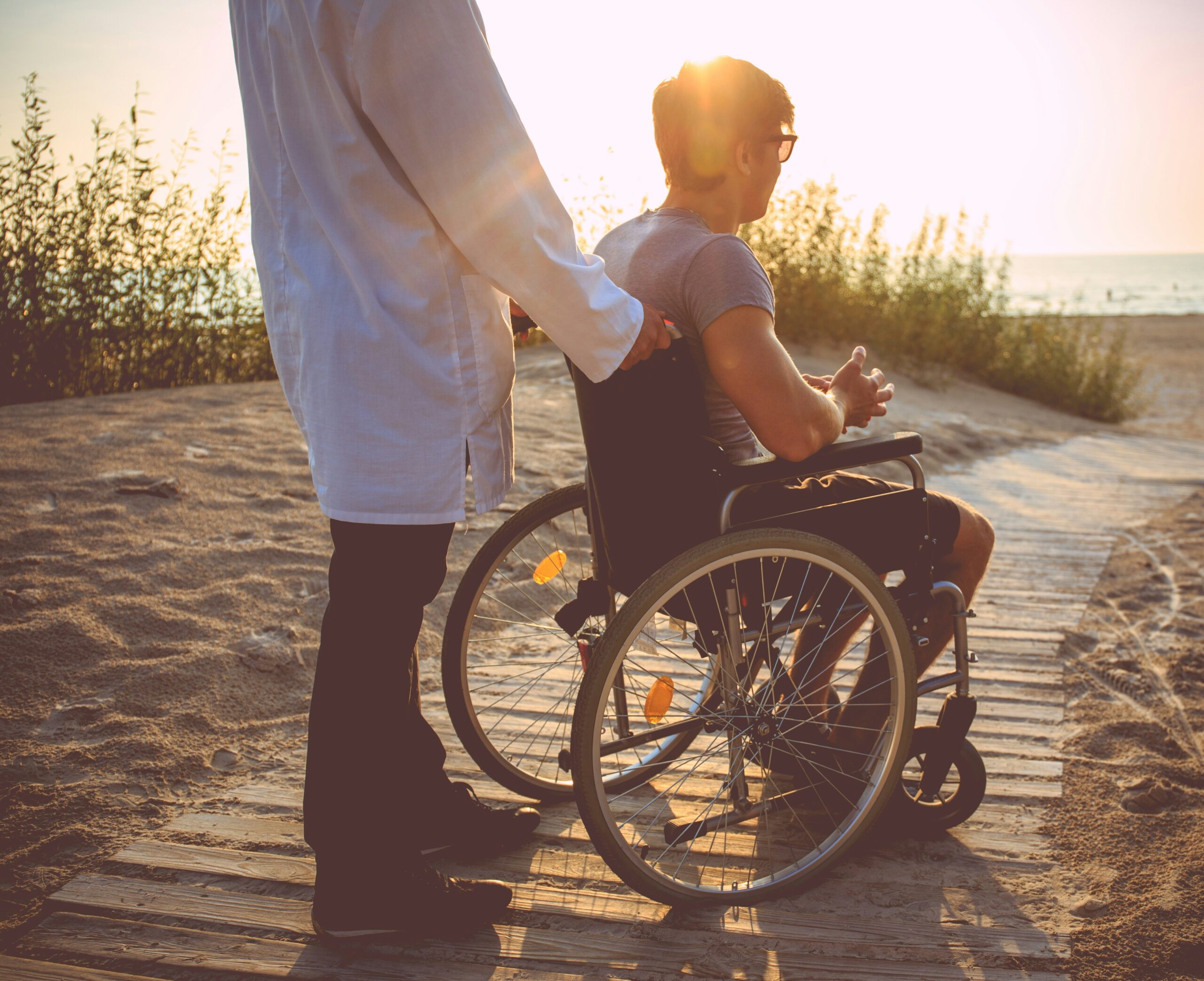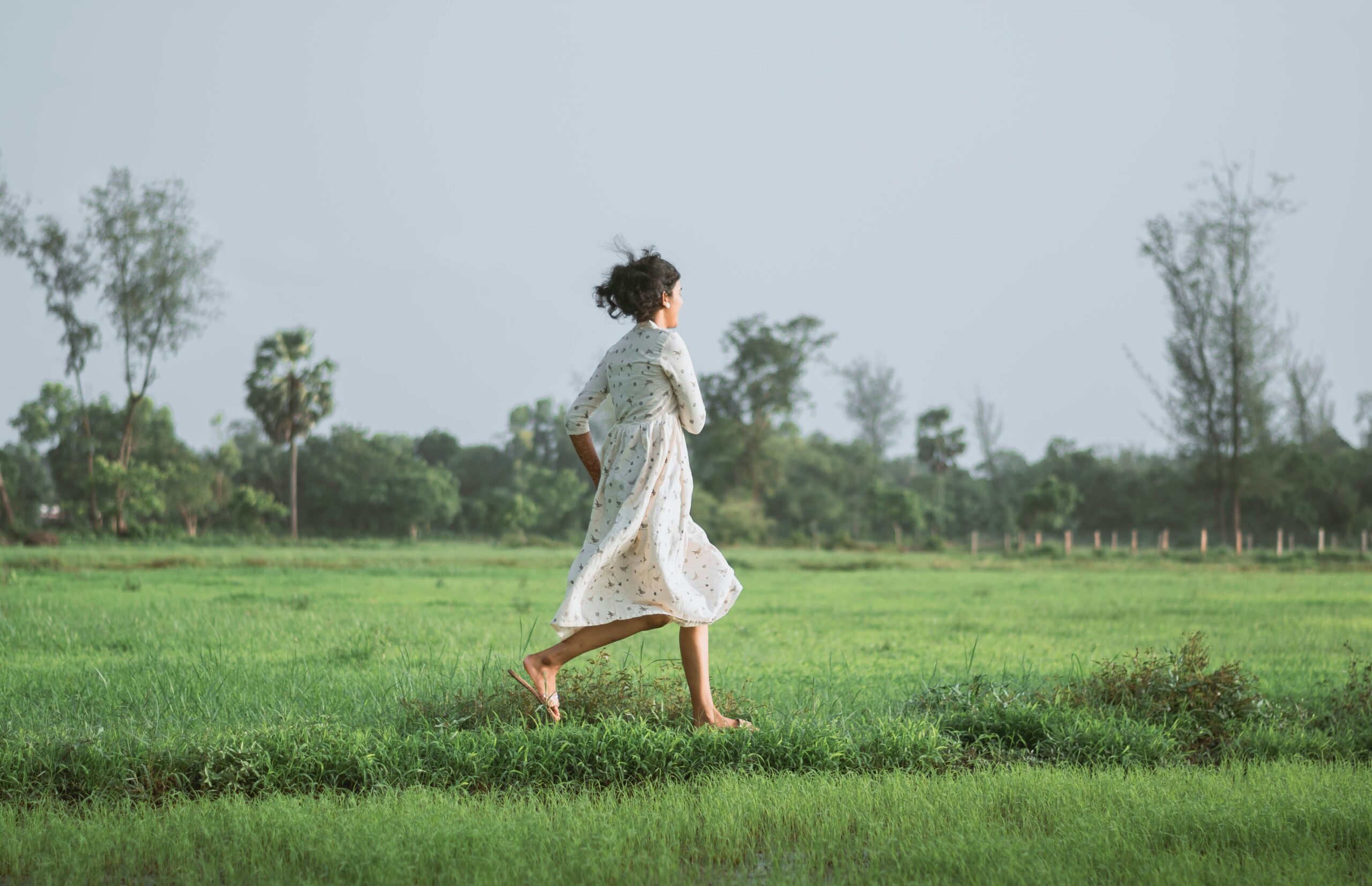Health Wisdom: 15 Timeless Principles from Global Blue Zones

In our modern world, we bomb health trends, super foods, and never final streams. A week is a new berry, the key to long life; Then a specific training promises to shave years from your biological age. This is tired. We spend billions in search of health, but still, the frequency of chronic illness continues to climb. It often seems that we miss the forest for trees.
What if the secret of a long, lively life is not found in a member box or bio-hacking podcast, but in the timeless habits in local communities where up to 100 is not a deviation, but a common phenomenon?
This is the question that led to the National Geographic Fellow and author Dan Butner identifying and studying five regions around the world, where people live the longest, healthiest lives. They called him a blue zone. This is: Okinawa (Japan), Sardinia (Italy), Nicoya (Costa Rica), Ikaria (Greece), and Loma Linda, California (USA) in the Seventh-day Adventist communities.
After many years of research with a team of demographers, researchers, and anthropologists, the buoys disturbed the general lifestyle elements of these communities in nine main principles, often called Power 9. By expanding them and looking at them through a composite lens, we can highlight 15 periodic principles that give a master class in real form, constant human health.
This is not about a quick improvement. It’s about creating a life every day, a habit of habits, as it naturally supports your good. This is a blueprint for a long life.
Table of Contents
1. Move Naturally (But Don’t Necessarily “Exercise”)
Residents of the blue zone do not pump iron, run a marathon, or have a membership to a fancy gym. Instead, they live in an environment that continuously continues without thinking about them. There are stairs in their homes. The garden with hand equipment. They walk into a friend’s house or market. This natural movement is the basis for their physical health.
In our world, we have upset in our lives. We drive everywhere, order grocery items online, and sit at the desk for eight hours a day. The lesson here is not for all of us to become gym people, but we should restore low-intensity, natural movement in our daily routine. Take the stairs. Far away. Get a manual lawnmower. Plant a garden. This continuous, low-ranked physical activity burns calories, keeps the joints mobile, and supports metabolic health, which is more effective and efficient than an hour of intensive training after 23 hours of sitting.
2. Have a Powerful “Ikigai” or “Plan de Vida”
This is a word for Okinawans: Ikigai (EE-key-guy). Nikon is called Plan de Vida. Translation of both translated “why I wake up in the morning.” To know the feeling of your purpose, the reason for your being can provide an additional life expectancy of up to seven years.
Your health will be a vehicle to fulfill your purpose, not just a final goal. Ask yourself: Am I happy? What am I good at? What does the world want from me? This is your Ikigai to find the intersection of these questions.
3. Downshift: Find Your Daily De-Stress Ritual

Even in blue areas, there is stress in life. What makes these communities different is their daily routine to reduce stress. Oknins takes a few moments every day to remember his ancestors. Adventists pray in Loma Linda. Icariers take a nap. Sardines gather for a happy hour.
Chronic stress causes chronic inflammation, which is associated with every age-related disease, from heart disease to Alzheimer’s. Protecting your health means producing daily rituals. It can be a five-minute attention, a walk in nature, a journey, or just enjoy a cup of tea in silence. It is a non-parasitic agreement with itself to press the reset button.
4. Follow the 80% Rule: “Hara Hachi Bu”
This 2,500-year-old Confucius mantra, which has been talked about before meals in Okinawa, reminds people to prevent them from eating when the stomach is 80% full. There can be a difference between a 20% gap and achieving it between not having hunger and a full feeling. This practice is the cornerstone of nutritional health.
It’s about mindfulness. It takes about 20 minutes for your brain to register that your stomach is full. By slowly eating and stopping by 80%, you let that signal catch. This simple habit prevents over-consequence, helps digestion, and adjusts the calorie intake with natural energy requirements to a non-cystic lifestyle, which is fundamental to maintaining a healthy weight and metabolic health.
5. Prioritize a Plant Slant

Although not all blue zones are strictly vegetarian, the diets are excessively plant-based. Beans (including fava, black, soy, and lentils) are the cornerstone of most cultures. They also eat different types of garden vegetables, leafy vegetables, tubers, nuts, and whole grains.
This food pattern is a master class in health. It is packed with fiber, antioxidants, and healthy fats, unlike inflammatory processed foods and unhealthy fats. Health benefits are staggering: The risk of heart disease is reduced, cancer rates are lower, better intestinal health, and better handling of blood sugar. Think of meat not as the main phenomenon, but as a delicious side, sometimes a week.
6. Drink Wine (Mindfully) at 5
In most blue areas, people (except Adventists) drink moderate and regular alcohol. They drink with friends and/or food, and they usually have one to two glasses per day, often homemade wine, such as antioxidant-rich wines in Sardinia.
A medium with social food seems more advantageous than all or biping dysfunctions on medium, regular consumption on weekends. This is another example of a ritual that supports health by reducing stress and promoting compounds. If you do not drink, of course, there is no need to start – social relationship is a more important element.
7. Put Loved Ones First
Blue Zone Shatabdi puts the families first. This means keeping aging parents and grandparents nearby, committed to a life partner (who can add up to 3 years of life expectancy), and can invest the time and love of their children.
This strong family unit creates a powerful support system. It reduces the risk of depression and illness and provides a significant sense of safety for mental health. In a culture that often prefers careers and personal achievement, this theory reminds us that our deepest good is often associated with health and good luck for our family ties.
8. Belong to a Tribe
Beyond the family, it is important to find their right tribe. The world’s longest-lasting people were chosen to be born or conscious to be part of social circles that supported healthy behavior. Framingham studies showed that smoking, being overweight, happiness, and even loneliness are contagious. Social networks of long-term people have shaped their health behavior favorably.
For Adventists in Loma Linda, his tribe is his denomination. For others, there may be a cycle of friends sharing love for hiking, a book club, or a voluntary organization. Surrounding yourself with people whose habits you want to adopt is one of the most powerful things you can do for your long-term health.
9. Find Your Community of Faith
Research suggests that participating in trust-based services can add 4 to 14 years of life expectancy, despite the sect community. Being part of a religious community often reduces the frequency of depression and stress, and provides a strong sense of purpose and belonging, all of which contribute to better health results.
The specific principle means less than the circle of the circle, mindfulness by engaging in the ritual, and the underlying social support system that provides it. This is a strong example of how spiritual health is deeply linked to our physical and mental welfare.
10. Cultivate a deep connection with your food
In blue areas, people often increase the food, know where it comes from, and just boil it. This compound changes food through the only consumption that works in a respectful relationship with nature. It promotes health by securing food that is fresh, seasonal, and free of excessive processing.
When you grow a tomato, you are more likely to taste it. You appreciate the effort and time of reaching your plate. It promotes the mentality of gratitude and mindfulness around the food, which is just as important to the health of the food.
11. Sleep is non-character
Adequate sleep of higher quality is a universal feature of blue regions. This happens when our body is repaired for cells, the brain, and memories. Lack of chronic sleep is disastrous for health, which is associated with a high risk of obesity, heart disease, and cognitive decline.
Blue zoners do not see sleep as a luxury or discomfort. They prefer it as a basic health column. They often have a routine of natural liquidity, lie down and wake up with the sun, and even include a small nap on their day, such as Mesimari in Ikaria.
12. Embrace sunlight and nature
Life in blue regions lives with the natural world. Daily contact with sunlight provides important vitamin D, which is important for bone health, immune function, and mood control. Spending time in nature – whether it is gardening, walking, or sitting outside – appears to reduce stress, reduce blood pressure, and improve mental health.
This principle is about leaving our climate control boxes. It’s all about going out every day, feeling the sun on your skin (with sensible safety), and breathing in the fresh air. This is a simple, independent, and effective recipe for health.
13. Keep your mind busy and curious
A long life is not much of a gift without a sharp mind. Blue Zone’s human adjustments are constantly learning, making mistakes, and complicating their thoughts. An Okinawan karate master continues to teach and practice his art. A sardine shepherd navigates huge hills every day. An Icarian can work with a complex knitting pattern.
This continuous mental commitment helps to create a cognitive reserve, which causes the brain to face the challenges of aging. Challenging your brain with new skills, puzzles, reading, and deep interaction is an important investment in your long-term cognitive health.
14. Laughs and finds happiness every day
A light heart is a healthy heart. Community in the blue zone does not take life very seriously. They have rich senses of humor, tell stories, and meet every day because of laughter. It’s about cultivating a perspective that appreciates happiness, humor, and Levity in everyday moments. The health of your soul directly affects the health of your body.
15. This is coordination, not a single silver tablet
This is the most important principle of all. You cannot choose one or two of these habits and expect miraculous results. The magnificent health and longevity seen in blue regions are the result of all these principles that work together.
Natural movement is more comfortable when you go to see a friend (connection). A plant-based food is more satisfying when you share it with your family (love and related). The feeling of your purpose gives you a reason to move and eat well. It is all more endless than the sum of the parts.
1. What are Blue Zones?
Blue Zones are regions around the world—such as Okinawa (Japan), Sardinia (Italy), Nicoya (Costa Rica), Ikaria (Greece), and Loma Linda (California)—where people live significantly longer, healthier lives. Researchers identified common lifestyle and dietary habits that contribute to their exceptional longevity.
2. Do I need to move to a Blue Zone to benefit from these principles?
No. The 15 principles—like eating mostly plant-based foods, staying physically active through daily routines, prioritizing family, and fostering strong social connections—can be adopted anywhere. Small, consistent changes aligned with these habits can improve health and longevity regardless of location.
3. Are these principles backed by science?
Yes. The Blue Zones research, led by Dan Buettner in collaboration with National Geographic and longevity experts, is based on decades of demographic, epidemiological, and anthropological studies. Many of the identified habits align with current scientific consensus on healthy aging and disease prevention.










